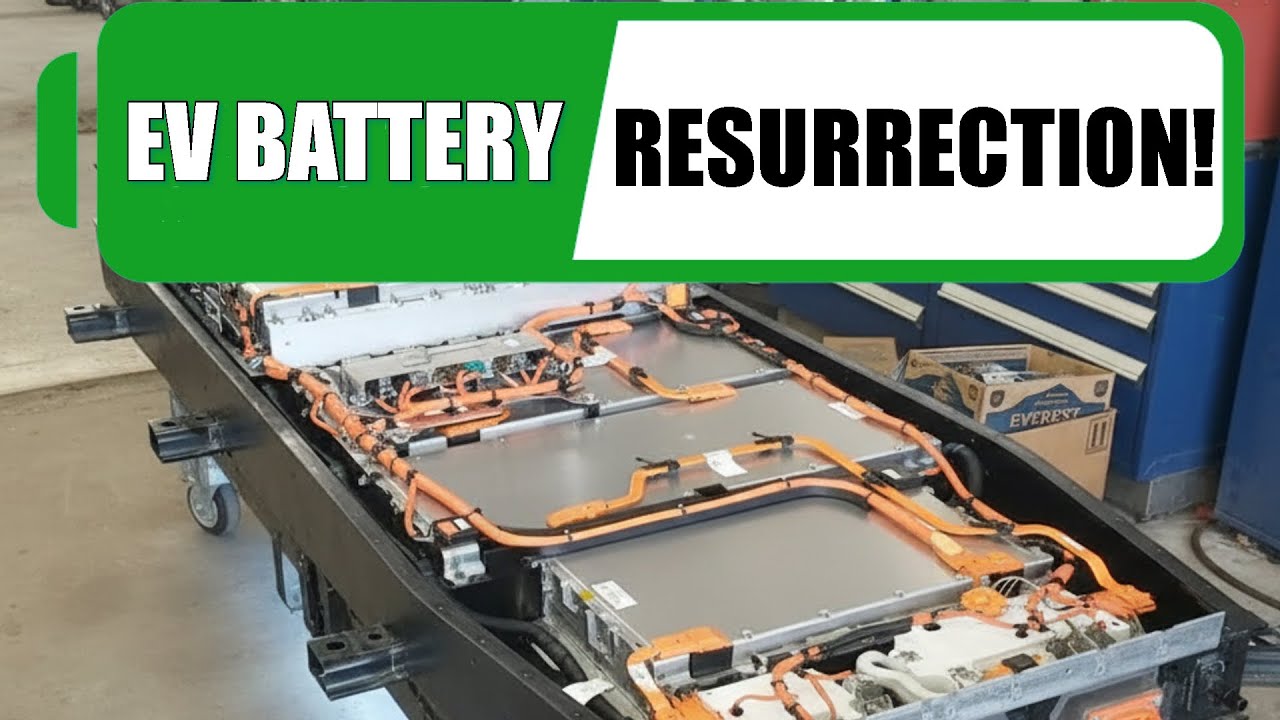Hybrid cars are renowned for their fuel efficiency and ability to reduce emissions. However, the question still lingers: Can hybrid cars truly run without gas? While these vehicles are designed to minimize gasoline consumption, they still rely on both an electric motor and a gasoline engine. In this article, we’ll break down how hybrid vehicles work, how far they can go on electric power alone, and whether you can say goodbye to the gas station.
Understanding Hybrid Car Technology
Hybrid vehicles combine the best of both worlds: an internal combustion engine (ICE) and an electric motor. This combination allows for better fuel efficiency and lower emissions than conventional vehicles.
The hybrid system intelligently switches between the gasoline engine and the electric motor depending on driving conditions. For example, during city driving or when you’re idling at a stoplight, the car will rely on the electric motor. But, when higher speeds or more power are needed—such as during highway driving—the gasoline engine will take over.
How Hybrid Cars Switch Between Gas and Electric Power
At low speeds, the car typically uses electric power, conserving fuel and reducing emissions. As the vehicle accelerates or demands more power, the gasoline engine engages to meet these needs. This seamless transition helps maximize fuel efficiency and reduce overall consumption of gasoline.
Can Hybrid Cars Run on Electric Power Alone?
Yes, hybrid cars can run solely on electric power, but there are limitations to how far they can go on electricity alone.
Range Limitations
The electric-only range of most hybrid vehicles typically spans between 10 to 40 miles. This distance varies depending on the model, driving conditions, and battery capacity. For instance, while city driving allows for more electric-only miles, high-speed driving or hilly terrain can quickly drain the battery and require the gasoline engine to kick in.
Battery Recharge Process
Unlike plug-in hybrid vehicles (PHEVs), traditional hybrids don’t require external charging. Instead, they use regenerative braking to recharge the battery. This process captures energy when braking and converts it into electricity to store in the battery for later use.
Real-Life Example: How Hybrid Cars Save on Gas
John, a commuter in Chicago, uses his Toyota Prius to drive 20 miles on electric power alone each day, saving on fuel costs. By relying on the electric motor for most of his daily commute, John reduces his gasoline usage significantly and enjoys a quieter, smoother ride through the city.
So, Can You Completely Ditch the Gas Station?
While hybrid vehicles drastically reduce your need for gasoline, they aren’t quite ready to completely eliminate the gas station. These cars are designed to reduce fuel consumption, especially during short commutes and city driving. However, for long trips or higher speed driving, the gasoline engine will still be necessary.
The Future of Hybrid Technology
Hybrid technology is continually improving. Manufacturers are increasing battery capacities, making it possible for hybrids to go further on electricity alone. Newer models are expected to offer longer electric-only ranges, and advancements in regenerative braking and engine efficiency will continue to improve overall fuel economy.
Conclusion: Hybrid Cars—A Step Towards a Greener Future
Hybrid cars offer an ideal balance between electric and gasoline power. While they can’t completely eliminate the need for gasoline, they significantly reduce fuel consumption and emissions, making them a great choice for eco-conscious drivers. As technology continues to evolve, we can expect even more electric-only miles and better fuel economy.
Ready to experience the future of driving? Check out our top hybrid car recommendations or schedule a test drive today!
FAQ: Common Questions About Hybrid Cars
Can hybrid cars be plugged in to charge?
Unlike plug-in hybrid cars, traditional hybrids do not require plugging in. They charge their battery through regenerative braking and the gasoline engine.
How far can a hybrid car travel on electric power alone?
Most hybrid cars can travel between 10-40 miles on electric power alone, depending on the model and driving conditions.
Do hybrid cars work well in cold weather?
Yes, hybrid cars can operate well in cold weather. However, the battery may lose some of its efficiency in extremely low temperatures, which can slightly reduce the electric range.
What are the maintenance costs of a hybrid vehicle?
While hybrid cars tend to have higher initial costs, they generally offer lower maintenance costs




